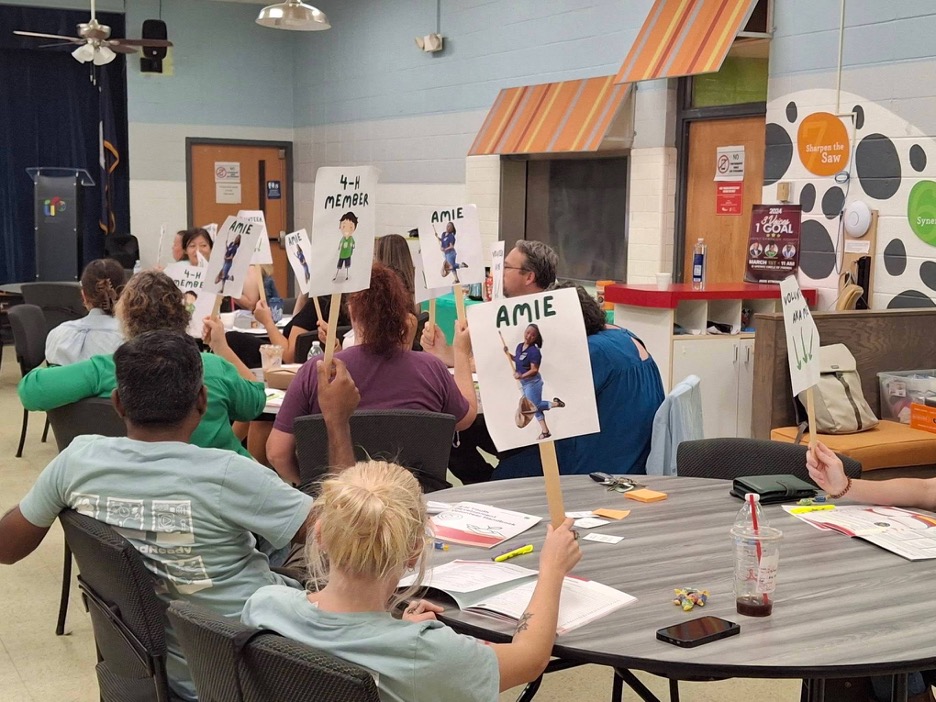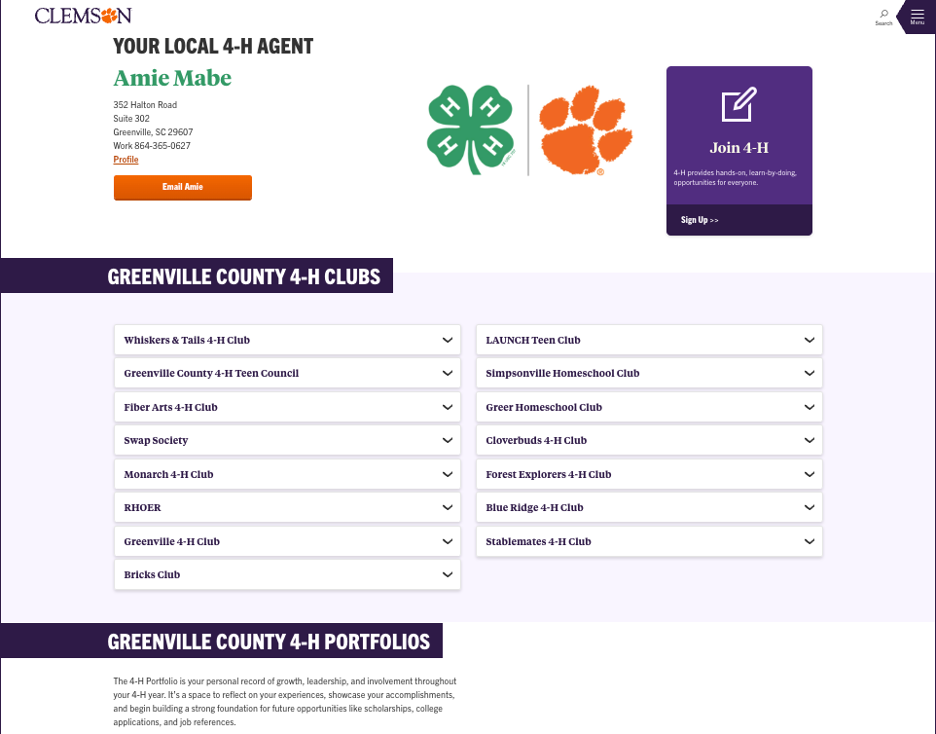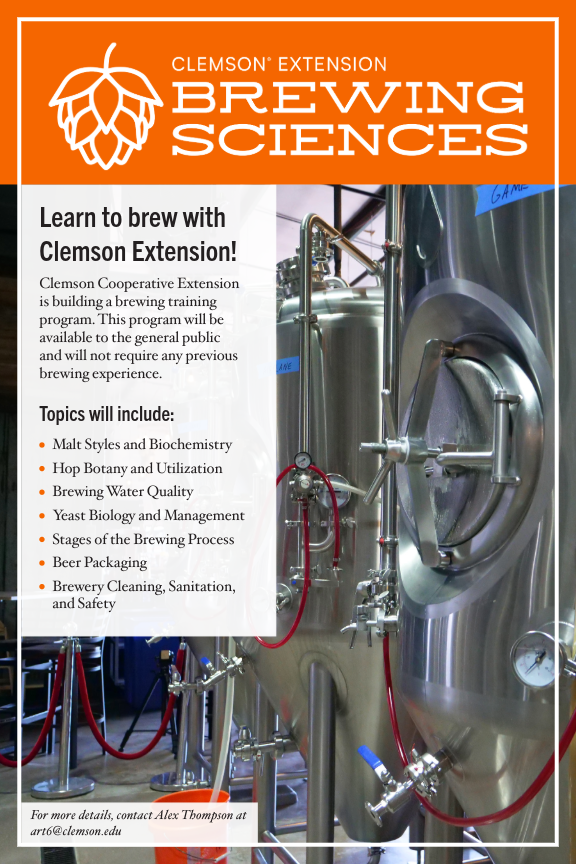By: Andrew Jeffers, Greenville County Horticulture Agent
In 2026, Horticulture Agent Drew Jeffers is lining up a full slate of practical programs that meet learners where they are—on jobsites, in community spaces, and online. We open the year with a Tree Workshop on January 22 in Greer, a half-day deep dive designed for crews and managers who want fewer callbacks and healthier canopies. Sessions move from tree ID challenges to invasive species awareness, then into “plant this, not that” alternatives and the soil/site realities that make-or-break urban trees—each talk aimed at decisions you’ll make the next day.
February stacks training options for every audience. Growers and land managers can earn credentials at the Private Applicator session on February 3 (Greenville DHEC training room). Home gardeners get a focused, myth-busting Hydrangeas webinar on February 18. And turf professionals can spend February 26 in an Advanced Turf IPM Workshop that walks through communication with clients and crews, cultural practices that strengthen IPM, insect and disease ID, scouting and thresholds, and advanced weed management—seven hours that connect diagnosis to action, start to finish.
Looking ahead to fall, the Master Gardener main course runs August 4–November 17, bringing a new cohort into research-based horticulture with plenty of hands-on problem-solving. We’ll also gather the industry at the IPM Symposium on October 22 (Canon Centre, Greer) to compare notes, sharpen scouting and decision-making, and leave with steps that improve outcomes across the Upstate. A second Private Applicator date follows on November 5 for those needing certification before year’s end.
Along the way, Drew will share tailored talks with local garden clubs and appear at regional and national meetings—including ASHS (August), the EMG Conference (August), and iLandscape (February)—to keep our programs aligned with current science and the real-world questions people bring to the table. It’s a year built around one goal: practical learning that turns into better decisions, healthier landscapes, and confident clients across Greenville County and beyond.







